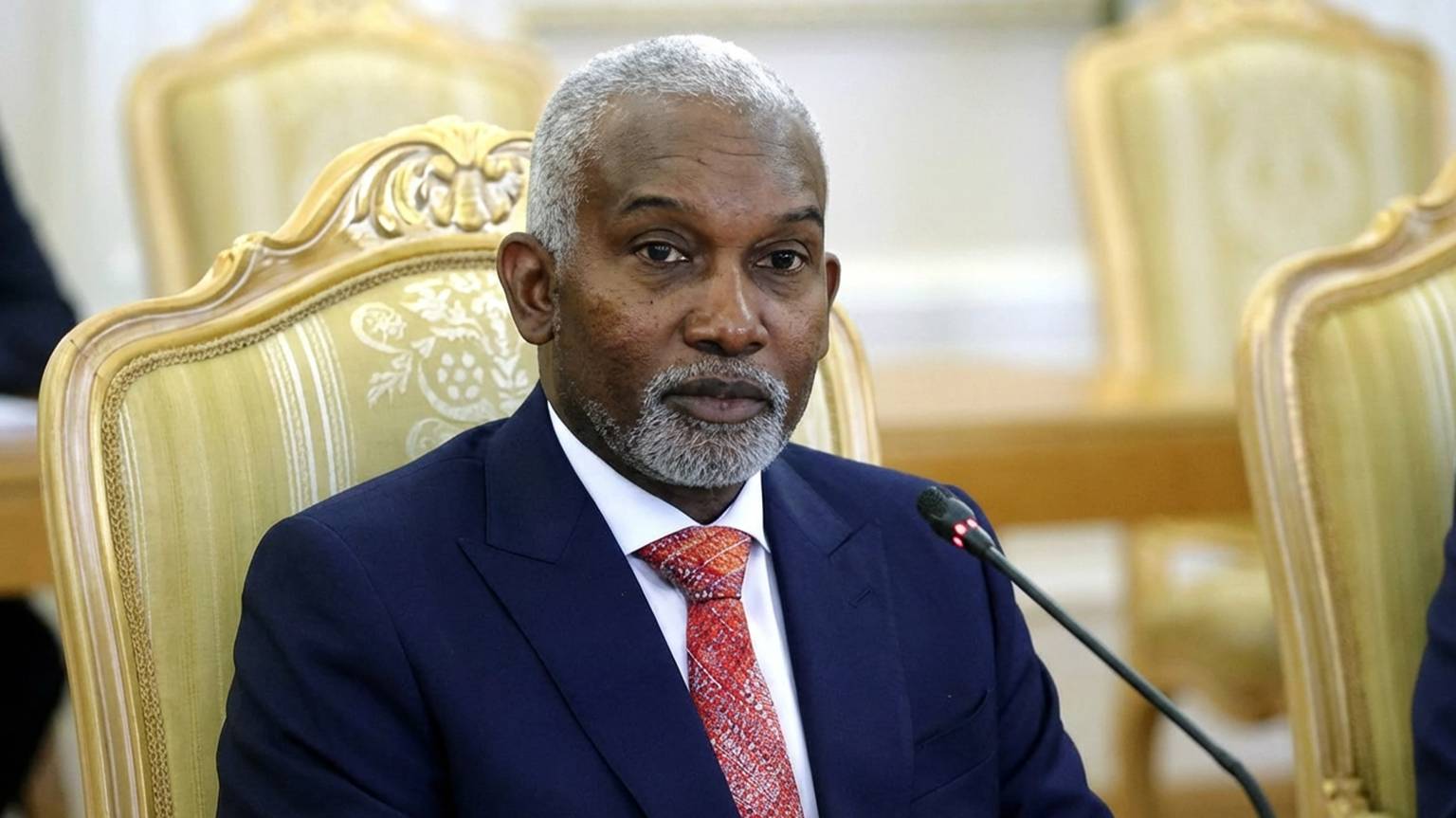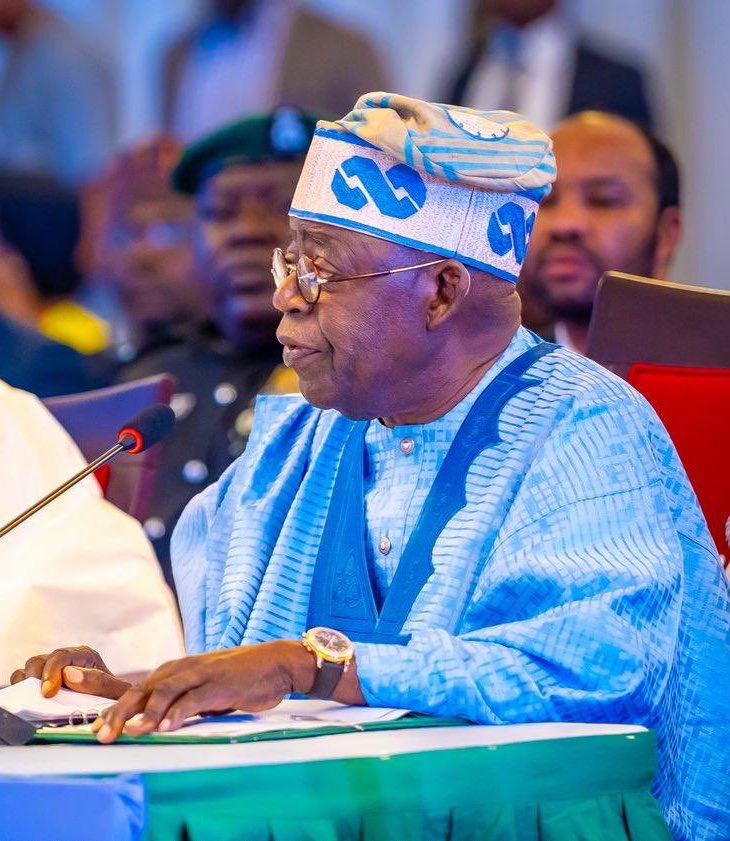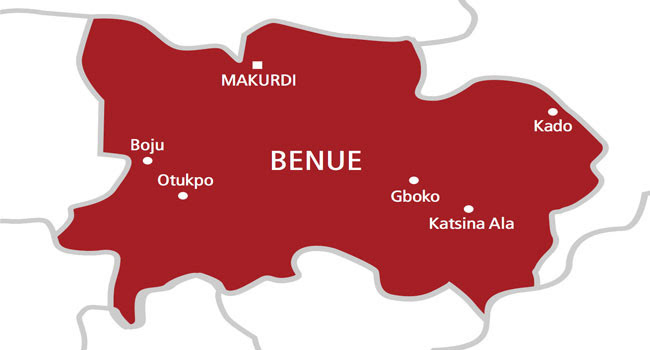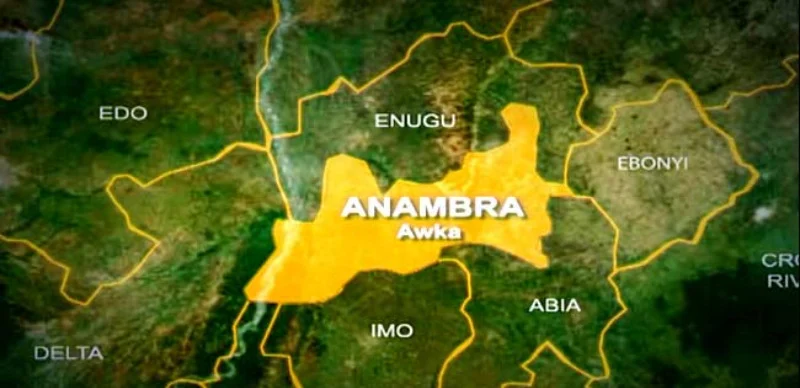National News
FG unveils fresh Agric incentives, targets 21 Million jobs amid rising food insecurity

The Federal Government has rolled out new agricultural investment incentives aimed at creating 21 million jobs, boosting food security, and cutting Nigeria’s dependence on imports.
Vice President Kashim Shettima unveiled the package on Tuesday at the FAO’s Hand-in-Hand Investment Forum in Abuja, describing hunger as “the great equaliser that reveals our vulnerabilities.”
According to a statement by his media aide, Stanley Nkwocha, the incentives include a single-window platform for land registration, improved access to agricultural credit, large-scale mechanisation, and strategic irrigation projects. Shettima said Nigeria has the capacity to irrigate more than three million hectares of farmland but currently uses less than 10 percent of that potential.
“Strategic investment in irrigation alone could triple yields, free us from seasonal dependency, and fortify our resilience against climate shocks,” the VP said, adding that Nigeria’s development plan seeks to lift 35 million people out of poverty and create 21 million rural jobs.
He assured investors of regulatory reforms, public-private partnerships, and agri-tech innovations, stressing that “Nigeria is open for business.”
Agriculture Minister Abubakar Kyari highlighted Nigeria’s arable land, climate, and expanding digital economy as unique opportunities for investment, while Budget and Economic Planning Minister Atiku Bagudu said the country’s vast potential in irrigation and agribusiness remains untapped.
International partners also expressed support. The FAO’s Nigeria/ECOWAS representative, Dr Hussein Gadain, described Nigeria’s agricultural priorities as “catalysts for transformative growth,” while EU Ambassador Gautier Mignot reaffirmed the bloc’s commitment with an €80 million investment in value chains across seven states.
However, farmers urged the government to move beyond promises. AFAN President Kabir Kebram stressed that “policy without implementation will yield no results,” while Peter Dama of the Competitive African Rice Forum cautioned against “a cycle of promises without delivery.”
The Small-Scale Women Farmers Organisation of Nigeria (SWOFON) also criticised the lack of impact on smallholder women farmers, noting that interventions such as loans, access to land, and inclusion in policy have not been effectively implemented. SWOFON Secretary Chinasa Asonye lamented that Nigeria spends less than 2 percent of its budget on agriculture, far below the 10 percent commitment under the Malabo Declaration.

She added that initiatives like the school feeding programme once supported smallholder farmers but are no longer yielding benefits. “We will continue to talk, we will continue to tell them our issues, and probably one day the government will listen,” she said.
-

 News2 days ago
News2 days agoUS Sanctions Bill: Kwankwassiya, NNPP reject proposed visa ban on Kwankwaso
-

 Sports2 days ago
Sports2 days agoWorld Cup 2026 resale tickets skyrocket to six-figure sums
-

 News2 days ago
News2 days agoFRSC disengages 43 Personnel over desertion, scandalous behaviour, patrol misconduct
-

 Sports2 days ago
Sports2 days agoNottingham Forest sack Sean Dyche after relegation fears intensify
-

 Entertainment2 days ago
Entertainment2 days ago‘I’m not a womaniser, I’m a lover boy’ — 2Baba sets record straight
-

 Metro2 days ago
Metro2 days agoJUST-IN: Petrol Tanker overturns, catches fire in Lagos
-

 News2 days ago
News2 days agoNACA calls for responsible valentine’s day celebrations to reduce HIV, STI risk in Nigeria
-

 News2 days ago
News2 days agoCourt shake-up as Judge steps down from Malami’s case





































